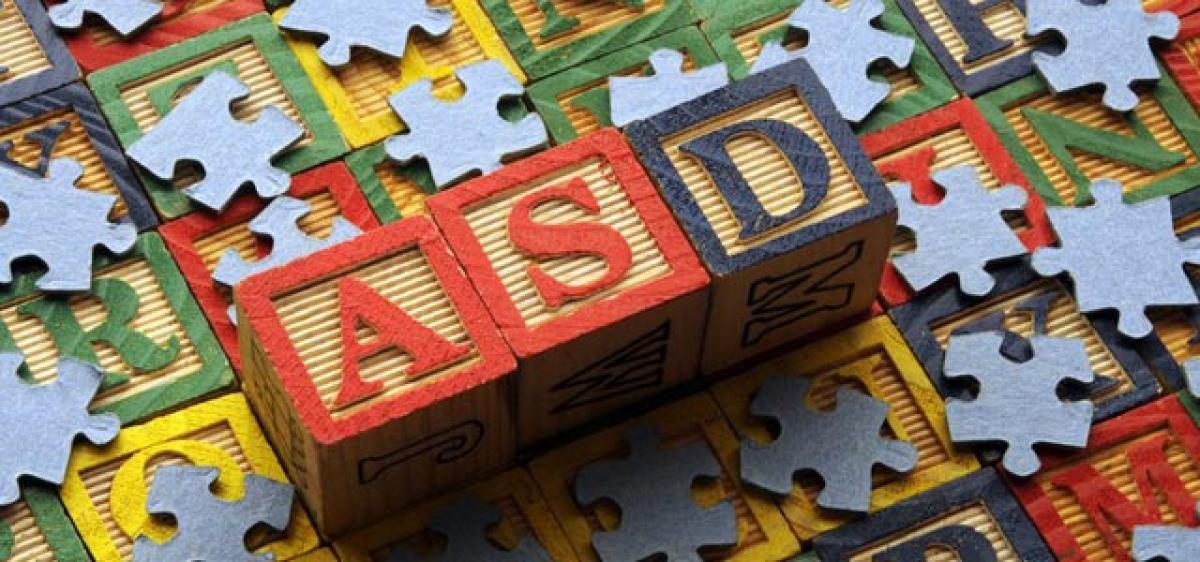Mutations in life's ‘essential genes’ linked to autism: Study

Genes that are known to be essential to life the ones that human beings need to survive and thrive in the womb also play a critical role in the development of autism spectrum disorder (ASD) and lead to the disruption of normal social behaviour, suggests a new study.
Genes that are known to be essential to life the ones that human beings need to survive and thrive in the womb also play a critical role in the development of autism spectrum disorder (ASD) and lead to the disruption of normal social behaviour, suggests a new study.
ASD is a serious developmental disorder that impairs the ability to communicate and interact. The findings suggest that ASD stems from an aggregate effect of many damaged essential genes that "work" together during the early stages of development in the womb, as soon as eight weeks after conception.
ASD is a polygenic disease where many small gene effects contribute to a disorder, the researchers said. "We know it's not one gene that's causing autism spectrum disorders; it's a background of mutations," said Maja Bucan, professor at the University of Pennsylvania in the US.
For the study, the researchers analysed almost 4,000 essential genes and 5,000 non-essential genes in 2,013 males with ASD and 317 females with ASD, as well as their siblings who did not have ASD, for known exonic de novo (began in the child) and inherited mutations.
They found that those with ASD had statistically significant elevated levels of mutations in essential genes compared to their siblings. The essential gene mutations were associated with a higher risk of ASD and disruption in normal social behaviour, the researchers noted.
On average, those with ASD had 44 per cent more early-in-childhood mutations and 1.3 per cent more inherited mutations in essential genes than their non-affected siblings.
In addition, the researchers identified a list of 29 "high-priority" essential genes that are co-expressed in the developing human brain with previously identified ASD-associated genes.
"Focusing in on this group of genes will help shed more light on the complex genetic architecture of this disorder," explained Xiao Ji, a doctoral student at the University of Pennsylvania. The study was published online in the journal PNAS.















